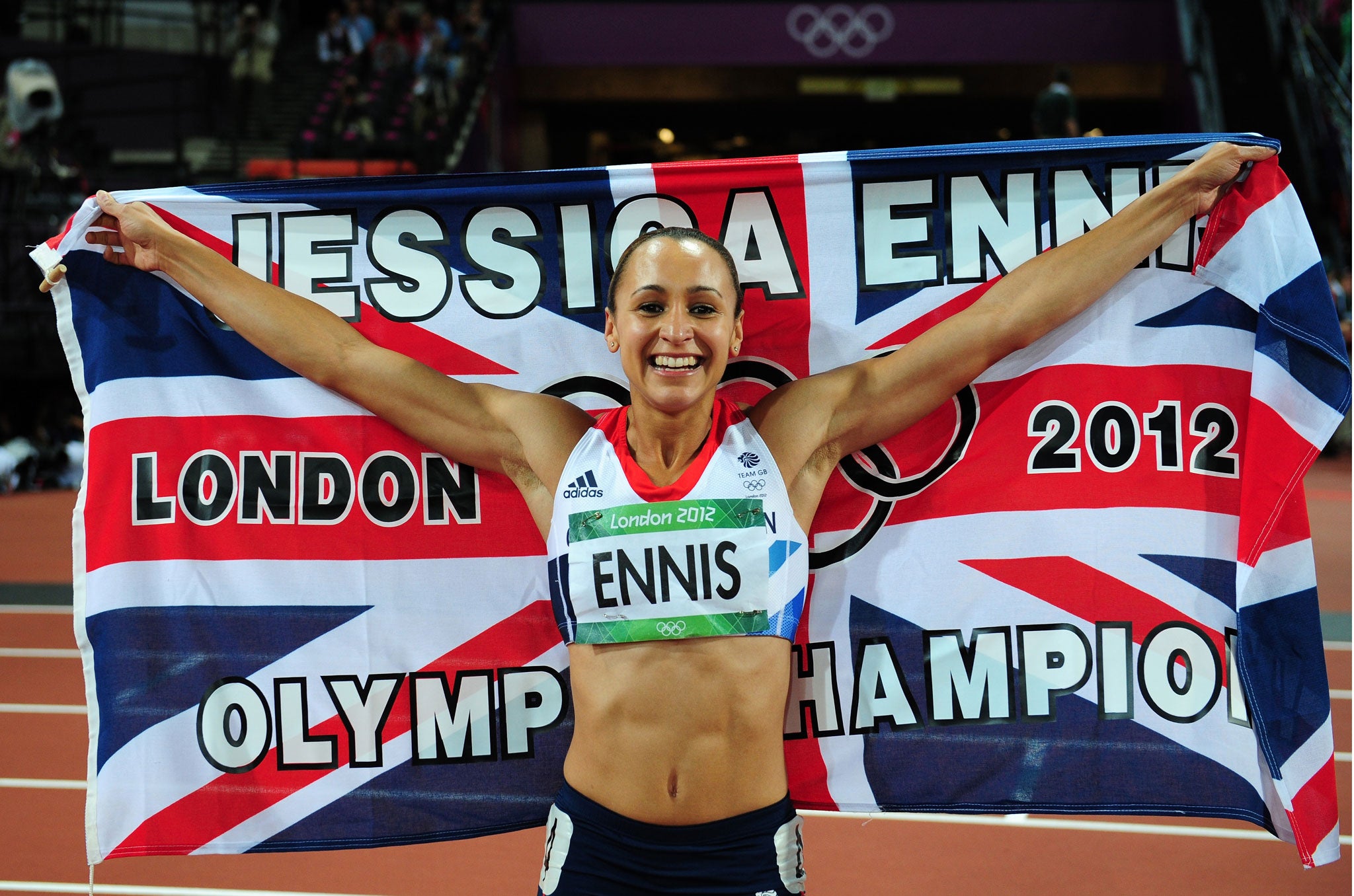Mixed race children and young people are individual nation states. They defy classification
This week we learned that the number of mixed race people in the UK has doubled to 1.2 million. I'm adding my children to the arsenal of weapons for change

n the late 1940s, the Eurasian poet Cedric Dover wrote a poem about his racial identity. Entitled The Brown Phoenix, it includes the lines: I am tomorrow’s man/ Offering to share/Love, and the difficult quest,/In the emerging plan.
How fitting that in the week that a post-war musical, Privates on Parade, opened with a Eurasian love interest – “Welsh Bombay” – rejected on the grounds of her colour, we learn that in the 2011 census, the number of mixed-race people in the UK has doubled to 1.2 million. On the same day, the think-tank British Future reported that only 15 per cent of people oppose mixed-race relationships. Among the under-25s, that drops to under 5 per cent. British Future calls it The Melting Pot Generation. The Sun proudly declared: “We Are the World.”
Should we be surprised by this after a summer of sporting magic in which so many British Olympians, including the poster girl Jessica Ennis, were golden-hued – an event masterminded by Lord Coe whose father is white English and mother Indian? London has a mayor with a mixed-race wife. Half the X Factor contestants, from Leona Lewis to Marvin and Aston from JLS and this year’s Jahmene Douglas, have black fathers and white mothers. The one thing – possibly the only thing –that Rupert Murdoch and Vince Cable have in common is mixed-race children.
Catalyst
In her west London primary school classroom, my Bujew daughter (half-Buddhist, half Jewish – we opted for the US fashion, defining by creed) was in a class where mixed-race was the biggest group. Her transition at 11 to a secondary school in outlying Barnet left her bewildered because there the girls befriended as global tribes. “The Sri Lankans say I’m not one of them, and you’re Sinhalese anyway and they’re Tamil, and the only Jewish girl is orthodox so I’m no use to her,” she wailed.
The problem soon remedied itself and our house became a League of Nations, because she became a catalyst for change. Neither Asian nor white but a hybrid with diverse points of reference, she could not be easily classified, providing a bridge across cultures.
That is the gift of what Cedric Dover goes on to call “…the golden bird/With destiny clear”. Or to quote Derek Walcott’s narrator in The Schooner Flight:
I’m just a red nigger who love the sea,
I had a sound colonial education,
I have Dutch, nigger and English in me,
And either I’m nobody, or I’m a nation.
For those of us raised with a constant awareness of race and its power across boundaries, I’ve always had a romanticised notion of a rainbow nation; a UK, and then a world, where petty prejudice cannot impede the socioeconomic progress of individuals and groups. Mixed-race children and young people are individual nation states. They defy classification beyond country of birth. I add my children to the arsenal of weapons for change.
Of course, the black-white mix has been with us for decades, but it was found in Liverpool or Brixton, in council estates and two-up two-down houses – the same working-class hotspots that spawned the National Front and the British National Party. So many of our mixed-race footballers have suffered, and continue to suffer – think of Anton Ferdinand – racial abuse. What has changed more recently is the proliferation of inter-racial relationships among the better-educated and the professional classes who are producing children with greater access to education, to opportunity and to influence.
Reverse
Last week, David Lammy’s cross-party inquiry into black, Pakistani and Bangladeshi female unemployment reported that discrimination accounted for a quarter of the unemployment among women with clearly “foreign” names, or whose names suggested particular religious beliefs.
Boris’s children and Rupert’s children and, indeed, my children, will not suffer – or certainly not tolerate – thoughtless discrimination either against them or around them, and their presence will ultimately help reshape our institutions as much, if not more, than those immigrants who are already in high office. This is because they are coming to the fore in an internet age.
There was a time one sought, as a person of any non-UK background, to find commonality with the white folks – we listened to Music While You Work, watched Coronation Street and bought Christmas trees. The emphasis was on Englishness and trying to understand its essence.
With the internet and the proliferation of global trading, global brands, global travel and global communications, that trend has reversed. In the new economy, reach is all. The greater your connections across geographical boundaries, the more impressive your social capital.
People are now looking for common connections to us brown folk. English friends now boast of tracing an aunty in India or a paternal grandfather with a second, black, wife in the West Indies. We are all want to be mixed-race in this new world.
Through genetics as well as global diversity, we are creating a new lingua franca. It is very exciting that the census confirms a small but steady movement towards citizens that embody the principles of global citizenship. They are a reminder to us all of Cedric Dover’s emerging – and perhaps, bigger? – plan.
Join our commenting forum
Join thought-provoking conversations, follow other Independent readers and see their replies
Comments
Bookmark popover
Removed from bookmarks